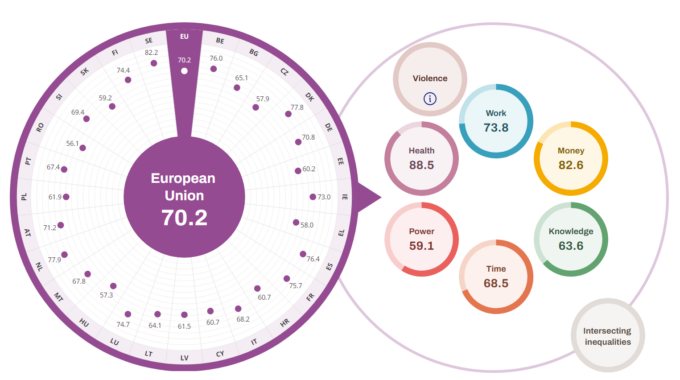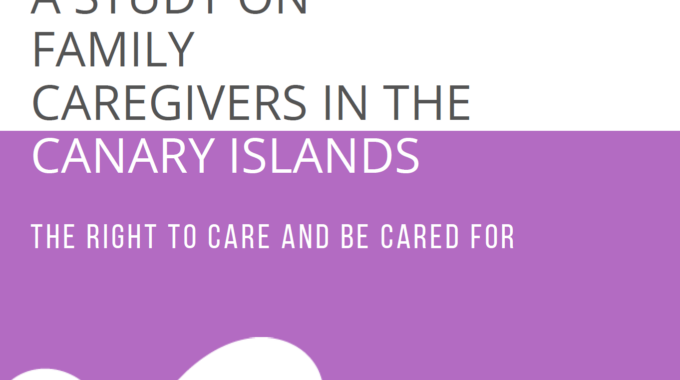Reciprocal Maintenance Obligations to Ascendants in Ireland: The Contemporary European and the Historical National Context Examined [Irish Community Development Law Journal 4.1 (2015), 36-56]
The article examines provisions governing reciprocal maintenance obligations in Ireland both from a historical perspective and in comparison with contemporary provisions in the EU28. Ireland is in a minority among EU states in lacking any provision in law for the maintenance of elderly, infirm or indigent parents by adult children. Part I of the article, after some preliminary discussion of filial responsibility laws and select comparisons with other international jurisdictions, sets out first in summary form and then with select commentary the presence or absence of statutory or constitutional provisions for reciprocal maintenance of ascendants in the EU28. Part II examines the case of Ireland in depth, and shows that, historically, some form of such provision was the norm. Examination of indigenous archaic legal traditions, up to the pre-independence Poor Relief Act of 1838, outlines the scope and character of such provision. It further provides an account of the traditional philosophical, historical or religious bases for such claims. Considering the contemporary absence of maintenance obligations to ascendants from statute and the Constitution, it is argued that they could only be derived as an unenumerated right; it is further argued however that there is no stable basis for such derivation, and such obligations would never be compellable by a court. It is noted that, while the state commitment to support of the aged is constitutionally enshrined, correspondence shows that the obligations of descendants were assumed by the framers of the relevant Article. Given the choice not to enshrine these obligations, and the fact that no subsequent entity (most recently the Constitution Review Group) suggested their enshrinement, it is concluded that the Irish view has historically been and remains that filial obligations are a natural societal expectation but ought not to require enshrinement in law. In conclusion, it is suggested that such extralegal regulation may in some areas be more efficacious than formalised law and, on that basis, that Ireland has no pressing need to legislate for obligations to ascendants.
Theme Legislative and policy aspects
Type Research
Authors Paul O Mahoney
Countries EU Comparison, Ireland





